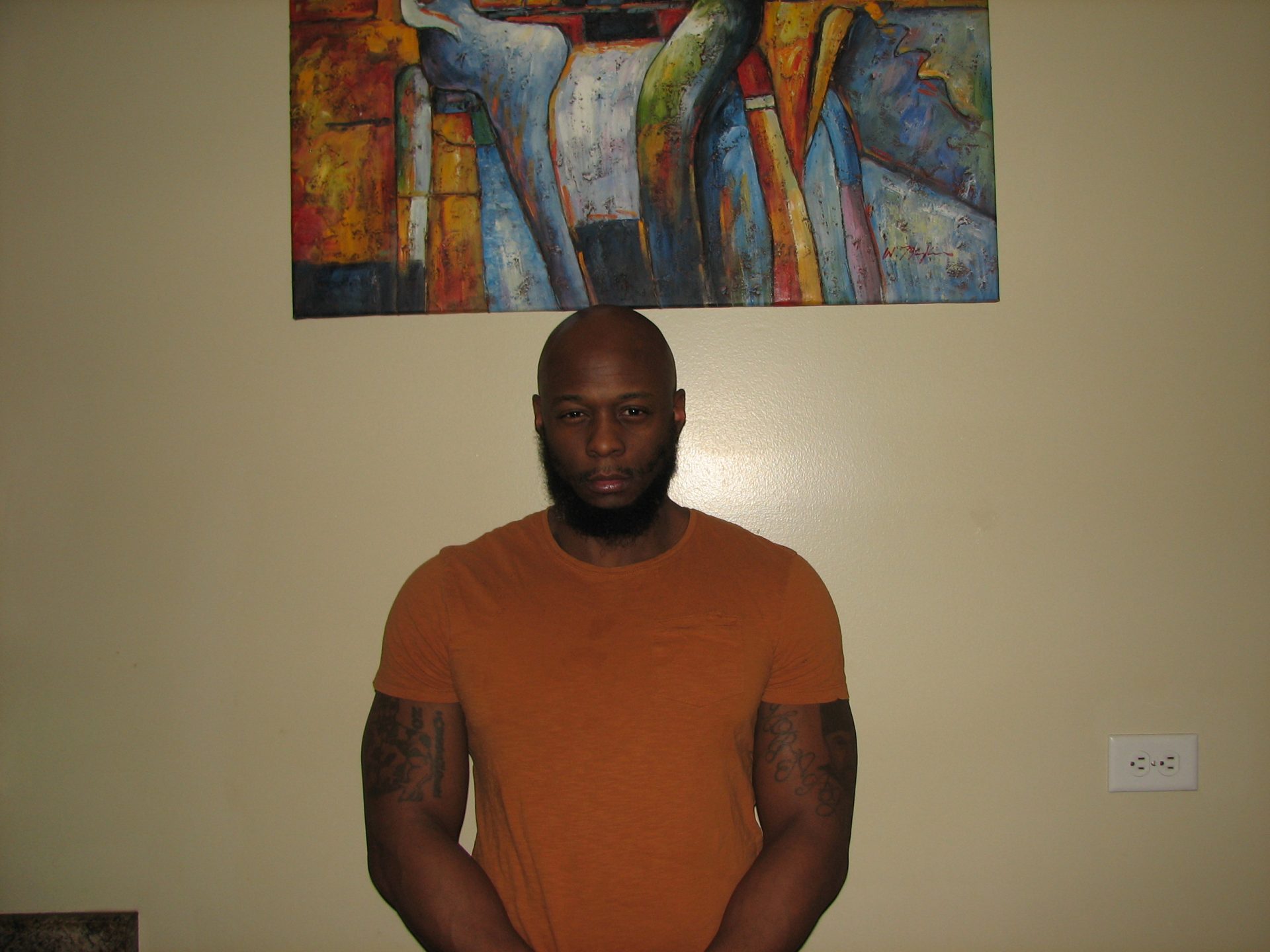
What started as suspicion for newlywed couple Angie* and Mark ended with an affair and divorce proceedings.
Like clockwork, Angie’s car eased into her driveway at 6:38 p.m., five days a week. Her husband, Mark, typically beat her home by 15 minutes or so, and the childless couple would unwind with chatter about their workday over dinner.
Angie had a new boss at her job, and the transition required longer hours. One night, she didn’t make it home until well after 9 p.m.
Mark was incensed by the change and suspected that Angie was attracted to her new boss, but he didn’t confront her about it right away. “All of a sudden, she’s wearing different clothes, has a guilty look when she comes home,” Mark tells rolling out in a three-way conversation that includes Angie. “I mentioned once or twice that I’d like to see my wife before I went to bed, but the late nights continued.”
Mark adds, “I talked to her girl about it, and she said that Angie was missing time with her as well.”
At this point Angie jumps in. “That’s where I feel our breakdown occurred. He talked to my girl about me. One thing led to another, and …”
One day, Angie gets sick at work, comes home at 3 o’clock instead of her usual time, and walks in on her husband on top of her best friend.
“In my house. In my bed,” Angie stresses as Mark remains silent. “You just can’t get that visual out of your mind. You just can’t let that go. Two people that I loved very much betrayed me so bad. I had to get rid of him and her.”
Mark remains silent, and then abruptly leaves the conversation.
If an affair is suspected in your relationship, can it still be saved? Yes, and the first step is to talk about it effectively, states Rick Reynolds, LCSW, President and Founder of AffairRecovery.com.
Here are the five rules of effective confrontation:
1) Do not rely on your gut feeling. Instead, “Do your homework: First, gather as much information as possible to verify your suspicions. Intuition can be wrong.”
2) Do not make an accusation without having the facts. “If you make accusations before gathering proof, they will begin covering their tracks, and proof of their infidelity may be more difficult to find.”
3) Do not embarrass your spouse publicly or confront him or her on the job. “Find a time where the two of you can have an adult conversation.”
4) Remain cool when asking for the truth; a heated argument will not yield the results that you want.” You want your mate to trust you when sharing in order for them to feel safe enough to give you the information. If you are out of control why would they want to make things worse by telling you what’s going on?”
5) If there is an affair going on, do not accept the blame for someone else’s behavior. “Don’t get defensive and let them make it about you. This isn’t your fault. Keep reminding yourself this is about giving them a chance to tell you what’s going on, not about proving … who’s at fault.”
For more information about Reynolds, visit wwwAffairRecovery.com; the site also offers a free affair analyzer for couples.
















